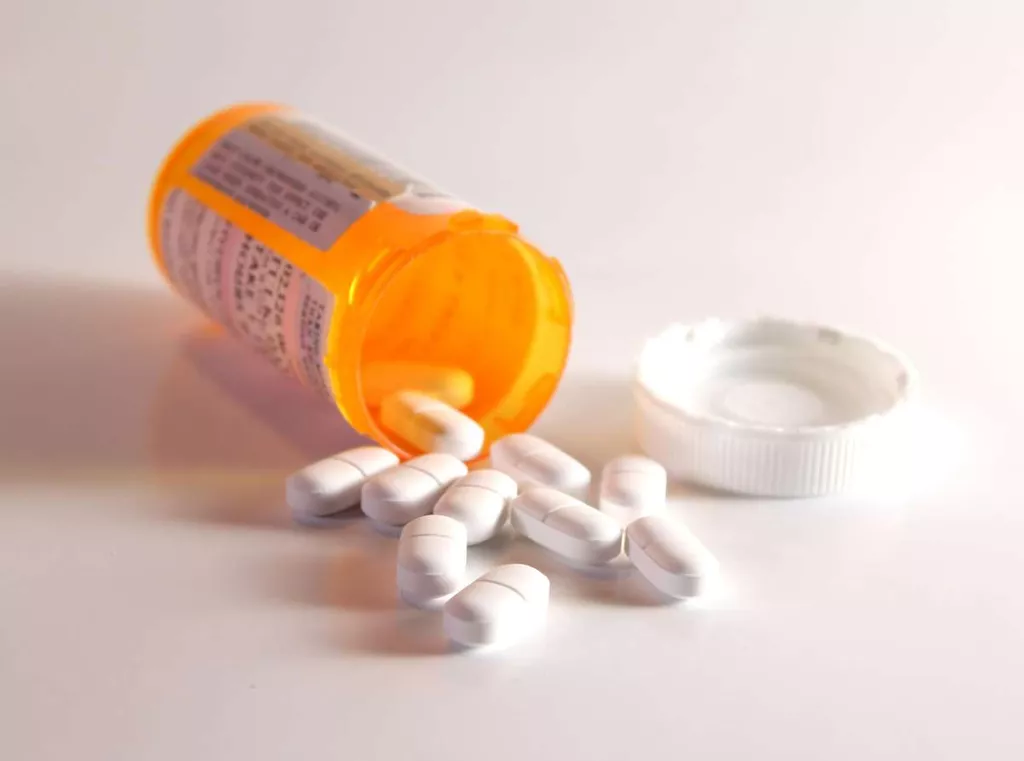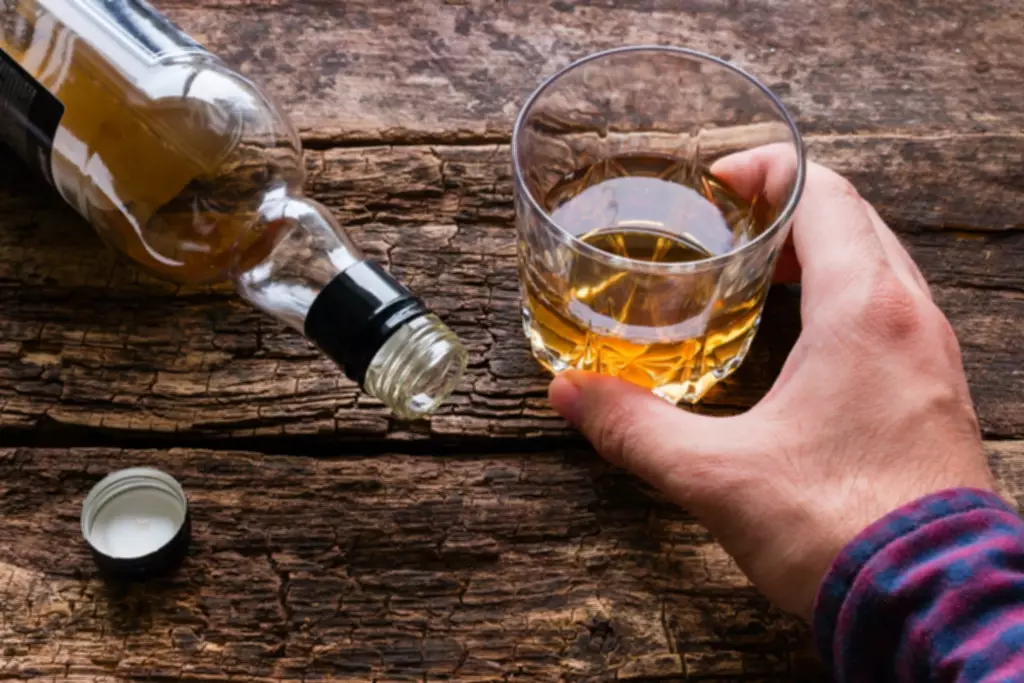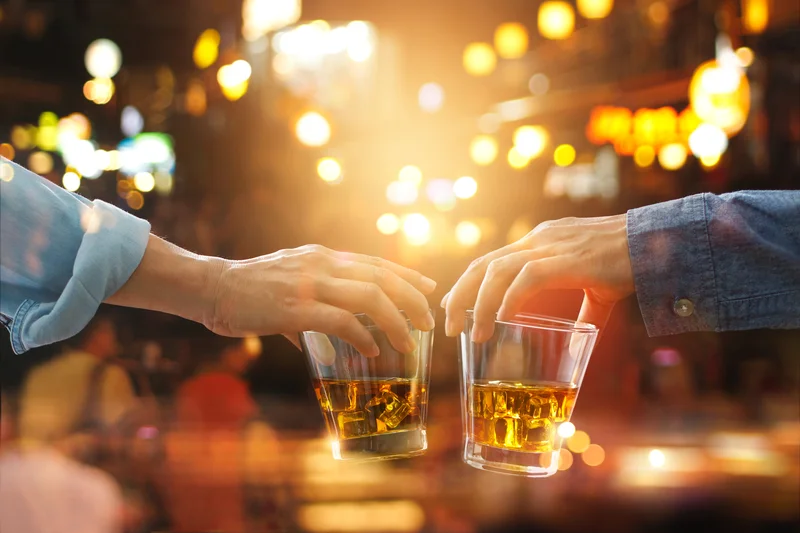What to Expect: The Complete Alcohol Cessation Timeline

The voices know too much about you and then make up things that never happened. I would seek a doctor and definitely a higher power and a support group. Once you’ve identified your triggers, the next step is to develop healthy coping mechanisms to replace alcohol use. This can include activities such as exercise, meditation, journaling, or engaging in hobbies that bring you joy and relaxation. Experiment with different techniques and find what works best for you. It’s important to have a variety of coping strategies in your toolkit, as different situations may require different approaches.
- Because you have a tolerance to alcohol, you may need to drink more to achieve the same effects.
- But severe or complicated alcohol withdrawal can result in lengthy hospital stays and even time in the intensive care unit (ICU).
- Our state-specific resource guides offer a comprehensive overview of drug and alcohol addiction treatment options available in your area.
Addiction Recovery: A Guide Through the 5 Stages of Change

If you drink only once in a while, you’re unlikely to have withdrawal symptoms. But if you’ve gone through alcohol withdrawal once, you’re more likely to go through it again. Withdrawal symptoms can also occur Halfway house when alcohol use is significantly reduced but not stopped entirely. The start of alcohol withdrawal symptoms may be longer and less obvious in these situations. Alcohol withdrawal will begin once the levels of alcohol in the bloodstream drop below what is normal for the person. Mild symptoms may begin as early assix hours after the last drinkfor some people.
Uninterrupted Sleep, Good Appetite

Additionally, the number of substances consumed before an episode is significant to the severity of withdrawal. The Canadian Centre for Addictions offers alcohol withdrawal treatment programs and rehab services in our luxurious facilities in Ontario. Some people with mental health problems may try to self-medicate with alcohol till they become dependent. The presence of these mental issues may alter the duration and severity of their withdrawal timeline when they decide to stop. Alcohol withdrawal typically starts six to eight hours after the last drink, with symptoms reaching their peak around 24 to 48 hours. These symptoms start as the body of an alcohol-dependent individual begins to https://ecosoberhouse.com/ react to the absence of alcohol.
How Long Does Alcohol Withdrawal Last? Symptoms and Treatment
- Regularly attending meetings provides ongoing encouragement, accountability, and a sense of community.
- They may continue to drink even when it causes problems in their life, and experience withdrawal symptoms when they try to quit.
- Behavioral health treatment for alcohol problems is often (but not always) covered by insurance.
- When alcohol intake is suddenly stopped, the brain becomes hyperactive, leading to a range of withdrawal symptoms.
Everyone who goes through alcohol withdrawal has a unique experience, but the process usually follows a similar timeline. Even though the first part of withdrawal can be tough, the symptoms, including headaches, may continue for a while because of PAWS (Post-Acute Withdrawal Syndrome). It’s important to talk to a doctor or get support to help you through this tough time and make sure your recovery is safe and easier. Alcohol withdrawal shakes can be challenging, but understanding their causes and duration helps you navigate the recovery process more effectively.

Start Getting Better Now

Attempting detox on your own can be scary and potentially dangerous. Your doctor can supervise this process and may be able to prescribe medications that can help. Your doctor may also prescribe medications to help to alleviate symptoms such as anxiety, cravings, and delirium tremens.
Alcohol Tremors Vs. Essential Tremor

Developing a routine, staying hydrated, and finding distractions can help keep cravings at bay and energy levels up. Withdrawal can feel like a storm, ETOH abuse but with the right support, you can find your way through. Remember, reaching out for help isn’t a sign of weakness—it’s a step toward reclaiming your life. Other than rapid mood swings, you may suffer from shakiness, bad dreams, and irritability. At Clean Recovery Centers, we know the definition of clean is more than being free of substances.
- These symptoms start a few hours to days after the last drink, and a person may require professional help to get through their effects safely.
- The risk of death is also higher if you have other severe medical conditions.
- Your doctor may also prescribe medications to help to alleviate symptoms such as anxiety, cravings, and delirium tremens.

















